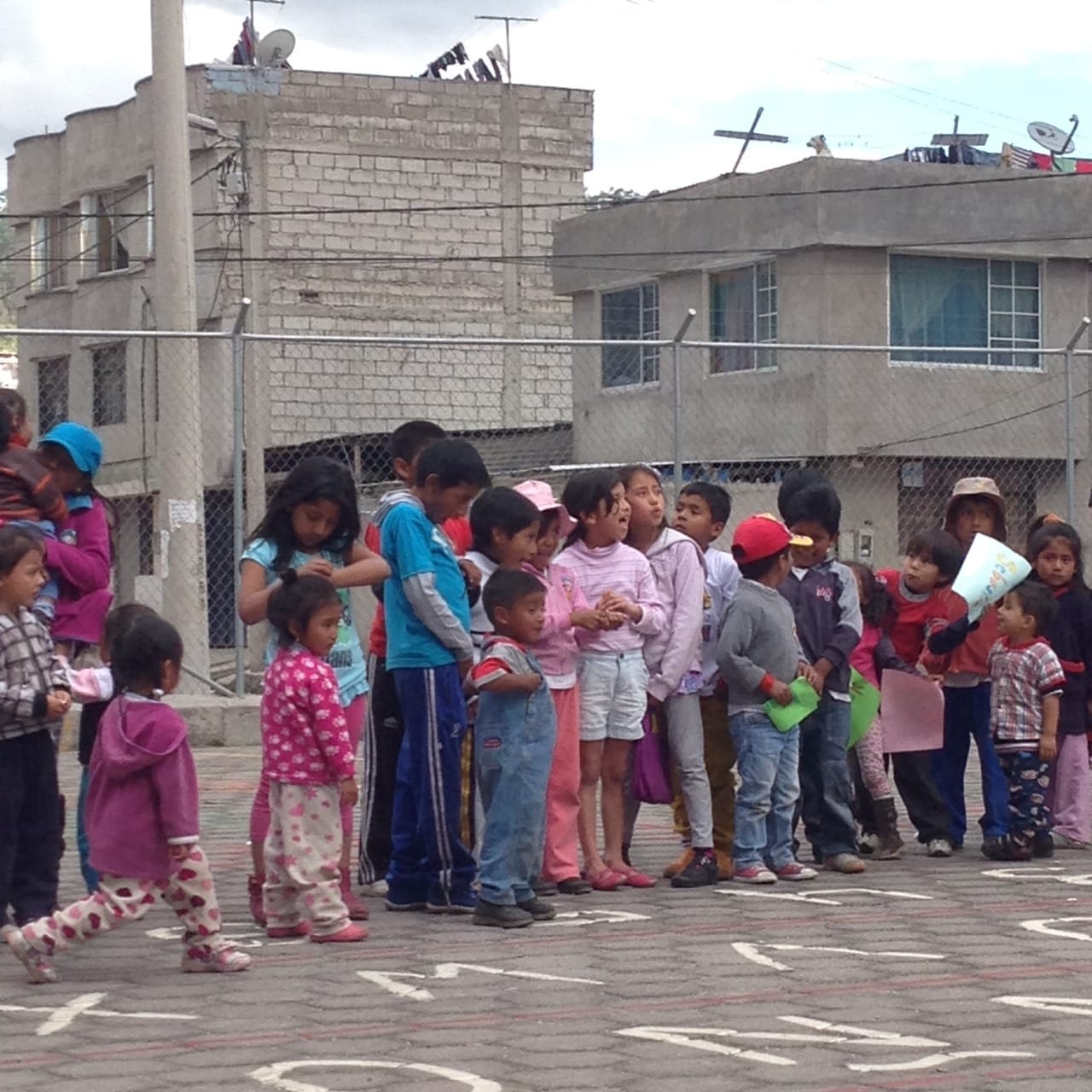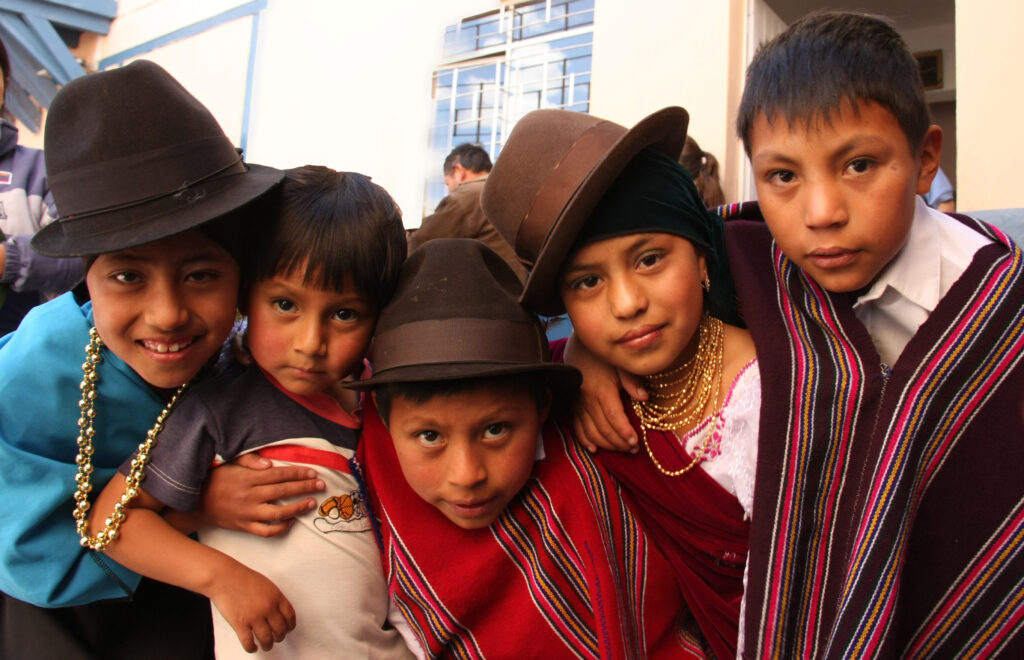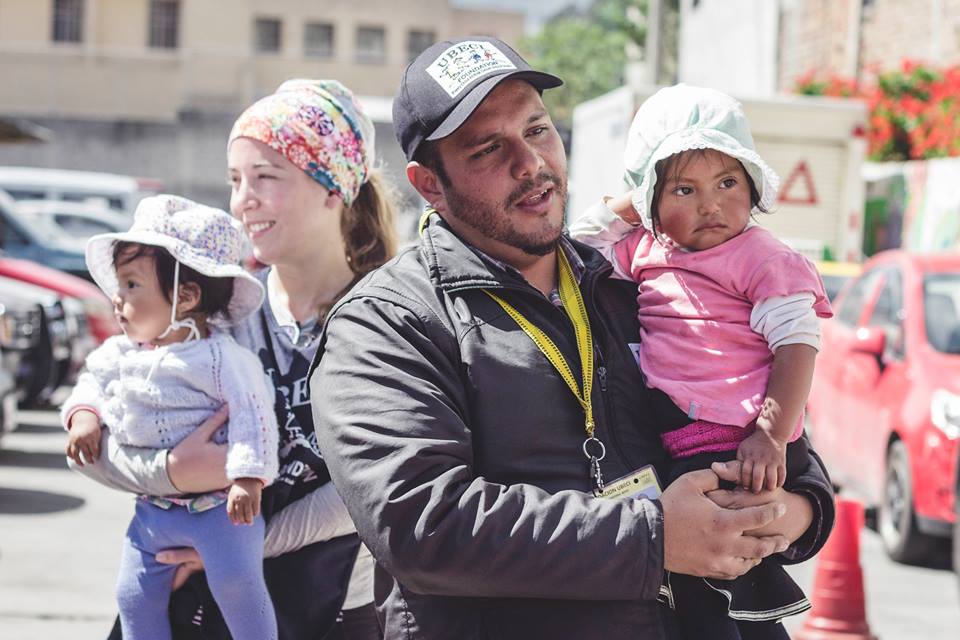
The problems in Ecuador
What’s happening in Ecuador?
Ecuador is a country in flux. While the country is rich in natural resources, the economy is stagnant and Ecuador remains volatile. This has led to significant levels of social and economic poverty in the country.
The Ecuadorian government is taking steps to improve infrastructure and education opportunities, but many of the poorer communities don’t have enough support, leading to high levels of social problems.


The challenges faced by children in Ecuador
To help the situation, local grassroots organisations have stepped in to help the most vulnerable in society as they battle to survive daily. Our partner organisations are at the forefront, helping families and their children in south Quito to overcome these challenges and have a brighter future.
How many people are living in poverty in Ecuador?
In 2023, statistics showed that 25% of the population was living in poverty, and 9% were living on as little as US$3.65 a day.
Indigenous communities are more likely to experience higher rates of poverty due to limited access to education, higher illiteracy rates, economic marginalisation, discrimination, social exclusion, health disparities, and cultural barriers.
How does this impact the families our partner organisations support?
Our partner organisations work in some of the poorest neighbourhoods in south Quito. The population here is mostly indigenous families, who moved to the city from rural areas in search of work. Once there, they find limited opportunities and mostly work in the informal sector in the surrounding markets. They make the most of what they can as street vendors, for example, looking for litter they can sell, or shelling vegetables.
As a result, the families are living on very low wages and are forced to take their children to work to help increase the family income.
Alcoholism and abuse (substance, sexual, physical and mental) are prevalent across the communities leading to concerns about the welfare of many of these people, but particularly the children.
Although attitudes are changing, many families still prioritise work over education because of the added expense and loss of income. For a family that must watch every penny to survive, sacrificing part of their annual income for education is often an impossible ask.
Taken together, these threats put the childhood, dignity and future of thousands of children in Ecuador at risk.
